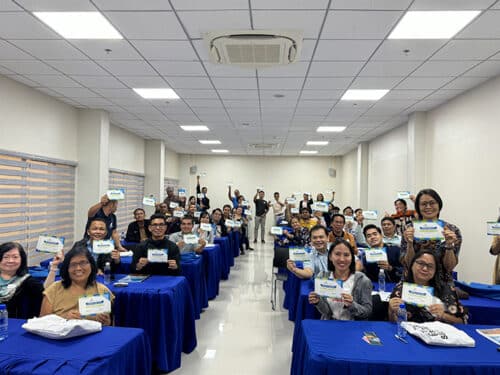October is Breast Cancer Awareness Month. Breast cancer is the second most common kind of cancer in women. About 1 in 8 women born today in the United States will get breast cancer at some point in their lives, and early detection remains the most important means of slowing or stopping its impact.
The marketing efforts that surround this cause can be a bit overwhelming. Suddenly everything that isn’t pumpkin spice is pink, and I’ve heard the criticism that there is too much emphasis on awareness and not enough on the resources needed for research. Don’t let any of that distract you. We know that regular screening mammograms for women age 50 or older have a huge impact on breast cancer mortality. I don’t want any of the women reading this column to find out a minute too late, because you are all too important to us. Go get your screening.
It is estimated that in 2018 there will be more than 266,000 new cases of breast cancer diagnosed in women in the U.S. Men also get breast cancer, but less than 1% of breast cancers occur in men. Death rates from breast cancer have been decreasing since 1989—but more than 40,000 women in the U.S. are expected to die this year from breast cancer. That’s not a number we can live with.
Adventist HealthCare is an organization filled with women whose talents and skills and passion for the health of our patients is foundational to our success. If Breast Cancer Awareness Month and its emphasis on the importance of regular screening help save one more life, this may be the most important column we’ve ever published. So go get that screening.
There is some good news in all this. There are about 3.1 million breast cancer survivors in the U.S. Most women can survive breast cancer if it’s found and treated early. Being aware of the impact of breast cancer prompts a number of ways that we can become more involved in the fight to reduce that impact.
There are a number of organizations focused on research, and not just awareness, and they are seeking financial support. There are women you may know who are fighting breast cancer, and they may welcome your help with the unexpected needs and challenges that come with fighting back and recovery. As healthcare professionals, we have a greater opportunity to personally participate in education and advocacy—and that can make a huge difference.
In October, the pink confronts us. But breast cancer knows no season, no day or month. It is a disease that is always close to home. Do this for yourself but also for all the people who love you: go get your screening mammogram.



